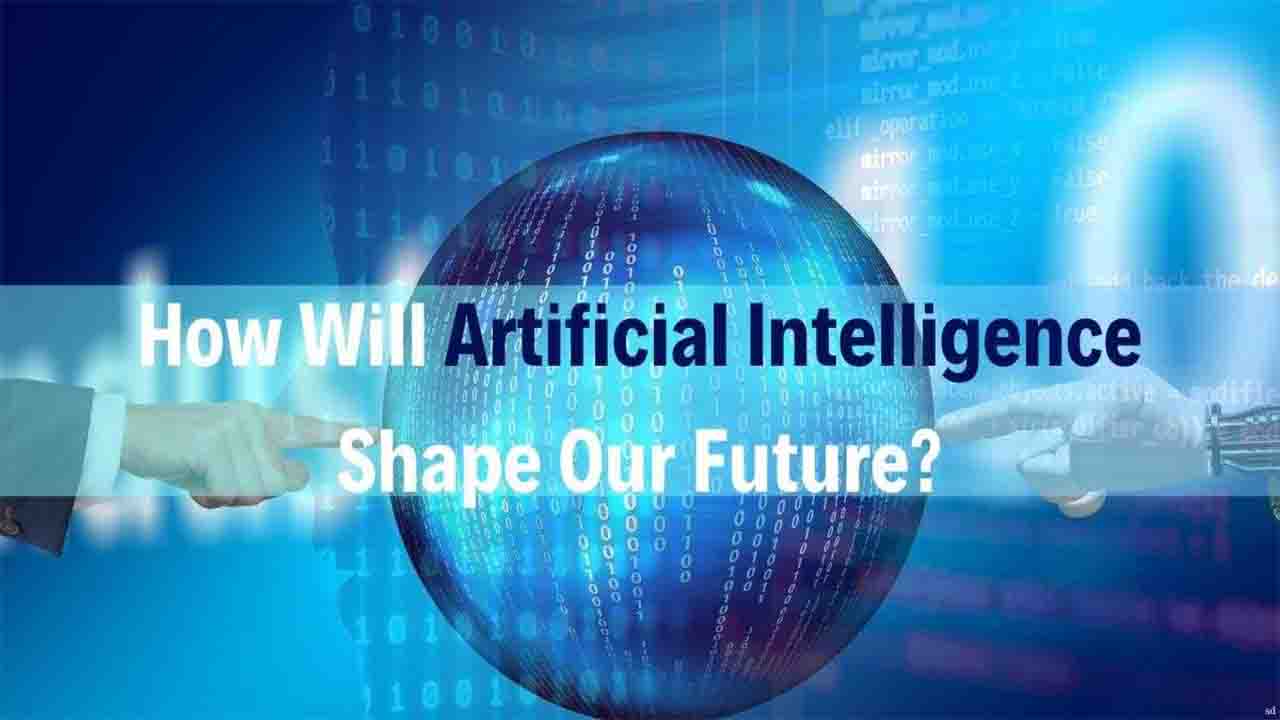Artificial Intelligence (AI) has emerged as a transformative technology with immense potential to shape the future of science. Its applications span across various domains, including astronomy, medicine, and numerous other innovative fields. By leveraging advanced algorithms, machine learning, and big data analytics, AI is revolutionizing scientific research and opening up new avenues for exploration and discovery.
In the field of astronomy, AI is enabling astronomers to analyze vast amounts of astronomical data in ways that were previously unimaginable. Telescopes and observatories generate enormous volumes of data, and AI algorithms are now being used to process and interpret this data, uncover hidden patterns, identify celestial objects, and classify astronomical phenomena. Machine learning techniques have been employed to automatically classify galaxies, detect exoplanets, and even predict the behavior of stars. These AI-driven advancements are accelerating our understanding of the universe, leading to groundbreaking discoveries and insights.
In the realm of medicine, AI is making significant contributions to diagnosis, treatment, and drug discovery. Medical imaging techniques such as MRI, CT scans, and microscopy generate large volumes of complex data, and AI algorithms are being developed to analyze this data and assist in more accurate and efficient diagnoses. AI-powered systems can detect anomalies, identify early signs of diseases, and aid in personalized treatment plans. Machine learning algorithms are also being utilized to discover patterns in medical records, genomic data, and clinical trials, leading to the development of targeted therapies and the identification of novel drug candidates. AI is transforming healthcare by enhancing precision medicine, improving patient outcomes, and reducing medical errors.
Beyond astronomy and medicine, AI is driving innovation across various scientific disciplines. In physics, AI algorithms are used to simulate and analyze complex physical phenomena, helping scientists gain deeper insights into quantum mechanics, particle physics, and cosmology. In environmental science, AI is leveraged to model and predict climate patterns, enabling better climate change predictions and facilitating sustainable practices. AI is also revolutionizing material science by accelerating the discovery and development of new materials with desired properties, reducing the time and cost associated with experimentation.
Furthermore, AI is facilitating interdisciplinary research, as it has the capability to analyze and integrate data from multiple scientific fields. For example, AI can analyze astronomical data in conjunction with geological or atmospheric data to provide a more comprehensive understanding of planetary systems. Similarly, AI can combine genomic and environmental data to identify genetic factors influencing disease susceptibility. These interdisciplinary insights foster collaboration and innovation across scientific domains, leading to holistic solutions and discoveries.
Despite its remarkable potential, AI also presents challenges. Ethical considerations, data privacy, and bias in algorithmic decision-making are important concerns that need to be addressed. Robust regulations and guidelines must be developed to ensure the responsible and transparent use of AI in scientific research.
In conclusion, AI is playing a pivotal role in shaping the future of science. Its applications in astronomy, medicine, and various scientific disciplines are revolutionizing research, discovery, and innovation. By harnessing the power of AI, scientists are able to analyze vast amounts of data, uncover hidden patterns, accelerate research processes, and make breakthrough discoveries. As AI continues to evolve and mature, it holds the promise of transforming the scientific landscape, enabling us to unravel the mysteries of the universe, improve human health, and drive innovation in countless other scientific frontiers.








